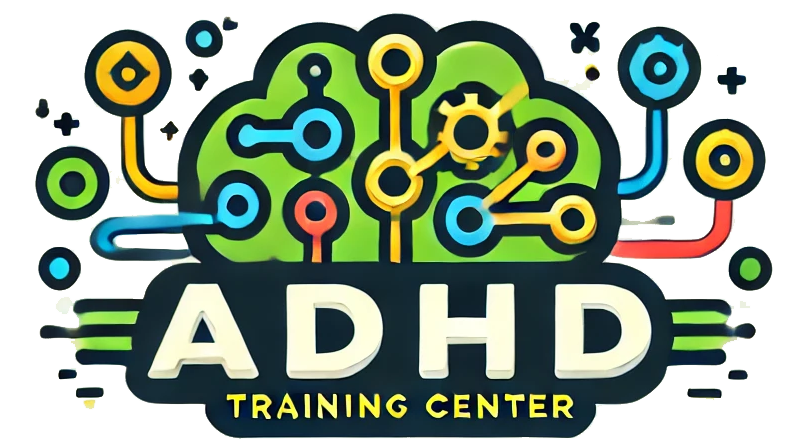Children – and Adults – with ADHD May Be Prone to Asking Strange Questions at Unusual Times
- “What would you do if Zombies started walking across the freeway while you’re driving?”
- “What would you do if mom suddenly ran away to Switzerland?”
- “Do you remember when our cousin fell into the mud?
Our kids like to ask us some strange questions sometimes. It can be a sign of a healthy imagination, or them learning how to process memories.
But some children ask these questions a lot. They also ask them often in situations where it is inappropriate or irrelevant to the topic at hand. They may also interrupt conversations to ask those questions, or ask them right after another.
Children, teens, and even adults with ADHD are prone to asking irrelevant questions, more so than their neurotypical peers. The exact reason for this is likely multifaceted, but if your child does this often, it may be related to their ADHD.
Causes of Random Question Asking
There is likely multiple reasons that children with ADHD showcase this behavior. The tendency to ask these questions can be attributed to several factors associated with ADHD. These may include:
- Cognitive Impulsivity – Children with ADHD often struggle with impulsivity, which can manifest as rapid shifts in thought and speech. This impulsivity affects their ability to filter thoughts before verbalizing them, leading to questions that may seem unrelated to the current topic of discussion.
- Difficulty with Focus/Attention – ADHD is characterized by difficulties in maintaining focus and attention. This means that a child might not be fully engaged in the current conversation or activity, causing their mind to wander to unrelated topics. When they verbalize these wandering thoughts, it results in questions that appear irrelevant.
- Curiosity and Creativity – Many children with ADHD exhibit high levels of curiosity and creativity. Their minds are constantly exploring new ideas and connections, which can lead to spontaneous and seemingly unrelated questions. This characteristic, while sometimes challenging, can also be a strength in creative and problem-solving scenarios.
- Sensory Processing Issues – Children with ADHD often experience sensory processing issues, which means they may be more attuned to stimuli in their environment. This heightened awareness can distract them and prompt questions about their surroundings that may not align with the current activity or conversation.
When the mind is shifting rapidly from topic to topic, and your child is unable to control the impulse to ask the questions mulling around in their mind, the tendency to verbalize those questions can come at almost any time and the desire to ask the question is strong.
What Can Be Done?
There is not going to be a “Cure” for questions. But children, teens, and adults with ADHD can learn to control their impulses better, learn more appropriate behaviors for different settings, and create cognitive tools that they can turn to when these questions pop into their mind.
If you would like help for yourself or someone you love with ADHD, contact ADHD Training Center today to learn more about the coaching services available and what can be done to help.


